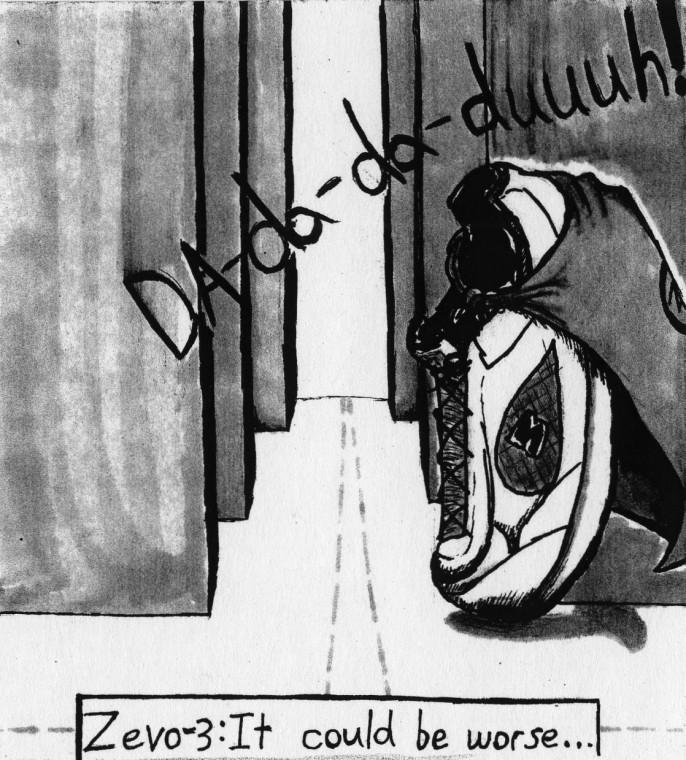Kids don’t care if they’re being commercially influenced
October 5, 2010
What happened to the days of waking up on Saturday mornings to our favorite formula of cartoons and commercials? I can remember hopping out of bed in my footed-pajamas, watching Power Rangers and trying to figure out how to eat my cereal without taking my eyes off the screen.
But I can recall even more vividly the jingles to every commercial that would air during the breaks. Who can forget the famous Sock’em Boppers tune or the awkwardly wooden dialog between the owl and the boy in the Tootsie Pop commercials? I can proudly say those commercials made me the man I am today.
That is why I am saddened for today’s generation. Between the banning of toys in Happy Meals, and the recent complaints against Skechers, children of today’s “America” will have no sense of capitalism…I mean culture.
But surely kids should have the freedom to view as much commercialism as we were exposed to back in the day. It seems like, organizations such as the Federal Communications Commission’s (FCC) ethics towards child advertising is only hindering them in the long run. In most cases, children will always want what they see on television, but is there really a problem seeing as most children cannot independently purchase these items?
“The problem here is kids [in this targeted age group] do not have the cognitive sense yet to determine what is right and wrong,” said Robert Peterson, associate professor of marketing. “These children do not have the buying power now, but when they get older they will become brand loyalists.
In reaction to a petition by the Campaign for a Commercial-Free Childhood (CCFC), the FCC has opened an investigation into Nicktoons’ newest show, Zevo-3.
Unlike any other show, Zevo-3 is a children’s television program based on the Skechers brand shoes’ advertising spokes-characters. Their petition states:
“The show’s broadcast will violate the time limits on commercial matter established by Congress in the Children’s Television Act of 1990, as well as several of the Commission’s long-standing policies to protect children from overcommercialization.”
But what’s the harm in 30 minutes of more latent advertising masked by entertaining animations?
The CCFC’s petition states the Children’s Television Act includes “prohibition on program-length commercials and host-selling, and call for a clear separation between commercial content and programming matter.”
Obviously this show will not be a weekly animated infomercial on shoes, but accountability on Skechers’s behalf is important.
“It is a free country, so although [Zevo-3] may be crossing norms, it has not crossed any rules yet,” Peterson said. “They will have to be responsible in running the show so it respects public airwaves.”
This show, in theory, does not appear to be any direct platform for the brand other than the promotion of its figures.
But on one hand, its soft influence could attract kids to the product. On the other hand, however, everything on television for kids is appealing. If children see even a can of Coca-Cola in a cartoon, they will want to buy a Coca-Cola.
I say just let kids be kids. I spent a good portion of my early years watching those mesmerizing commercials, and I turned out just fine. Although, I do have a sudden craving for Cookie Crisps.














